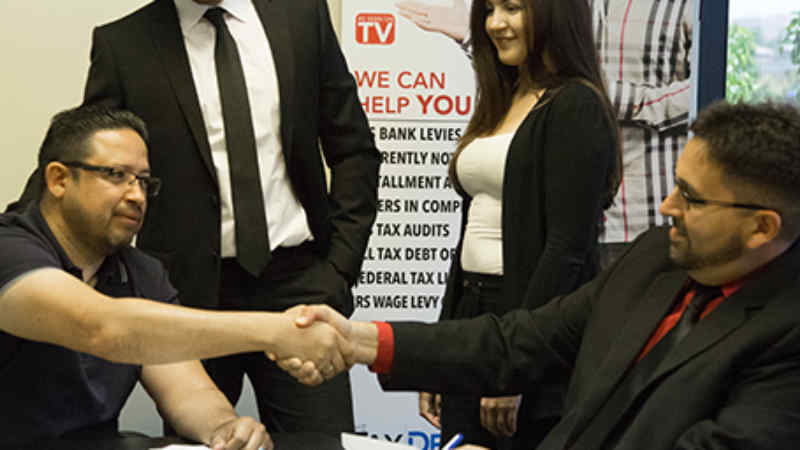The best way to stay out of trouble with the IRS is to make sure that you pay yourself the right way. To do this, you have to understand which of their rules apply to your particular business. Payroll is an area where your business structure determines exactly how you should get paid.
Please keep in mind that what you call “payroll” might not be “payroll” in the IRS sense of the word.
1.) If you’re a sole proprietor, you don’t get paid, at least not in the way you’re used to being paid as someone else’s employee. And since you don’t have the IRS’s definition of “payroll,” you don’t deduct payroll taxes.
As a sole proprietor, your business keeps records to calculate profit or loss and that number gets included on your personal 1040. So if you have a profit, that will add to your other income and, if you have a loss, you’ll be able to deduct it (if you meet all the requirements).
But the money that’s in your business checking account actually belongs to you, so if there’s cash available, you can withdraw some for your personal use. You might consider that as getting a paycheck, but technically, it’s not. It’s called a distribution. It doesn’t count as an expense. It’s called a reduction in owner’s equity. It’s not income to you when you withdraw it, and you’re not taxed on it when you take it out. Be sure to keep track of it correctly.
2.) What if your business is organized as a corporation? Assuming you’re active in the business, then you’ll actually be considered an employee of the company. You’ll get regular wages or a salary that will be reported to you on a W-2 at the end of the year. Your company will withhold payroll taxes and follow the rules for paying them to the IRS and your state at the correct times during the year.
If your company is a regular corporation (also known as a C corporation) you’ll need to make sure that your pay is reasonable and not too much. That means you should pay yourself about the same as you’d pay another employee to do the same work. If the IRS ever decides to examine your corporate tax return and they think that your pay has been too much, then they might decide that part of it was really a dividend.
If your company is an S corporation, you also need to make sure that your pay is reasonable. The IRS is concerned that you won’t pay yourself enough and that you’ll simply take money out of the company in the way that’s called a shareholder distribution and not pay payroll taxes on that amount.
You’re allowed to do both. You can pay yourself as an employee AND get a shareholder distribution, just as long as the IRS thinks your payroll is reasonable. You can’t ignore payroll if you’re active in the company. This is a red flag to the IRS and one of their top audit priorities for small businesses.

